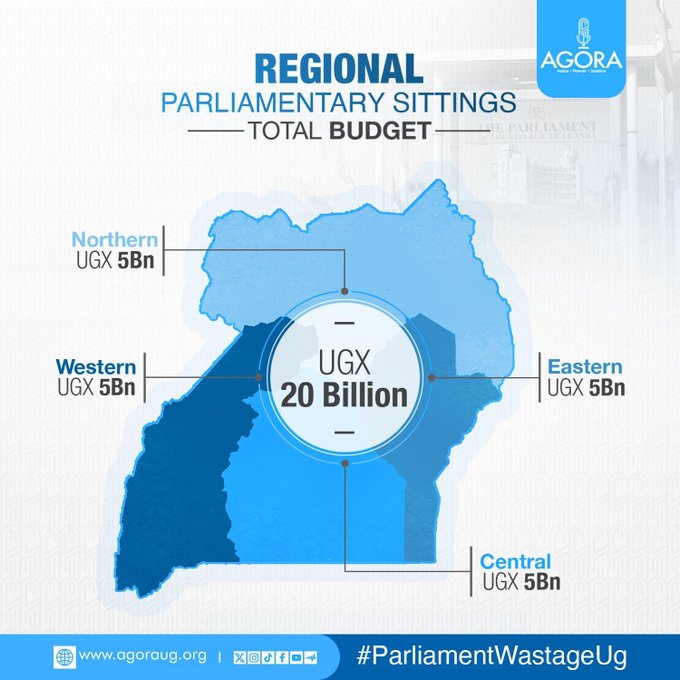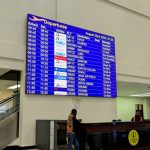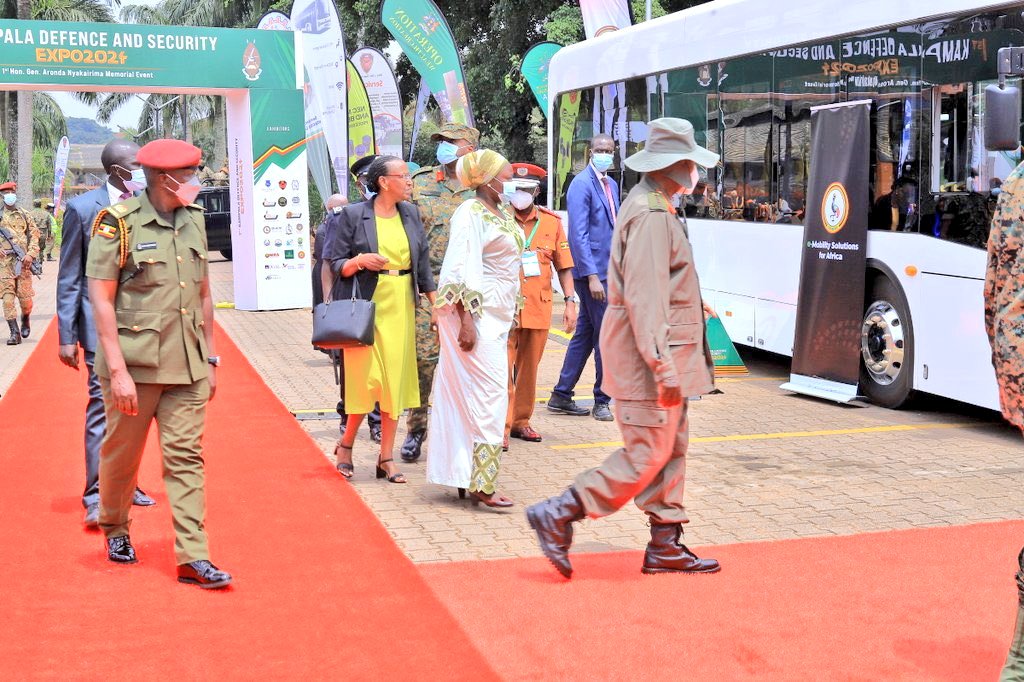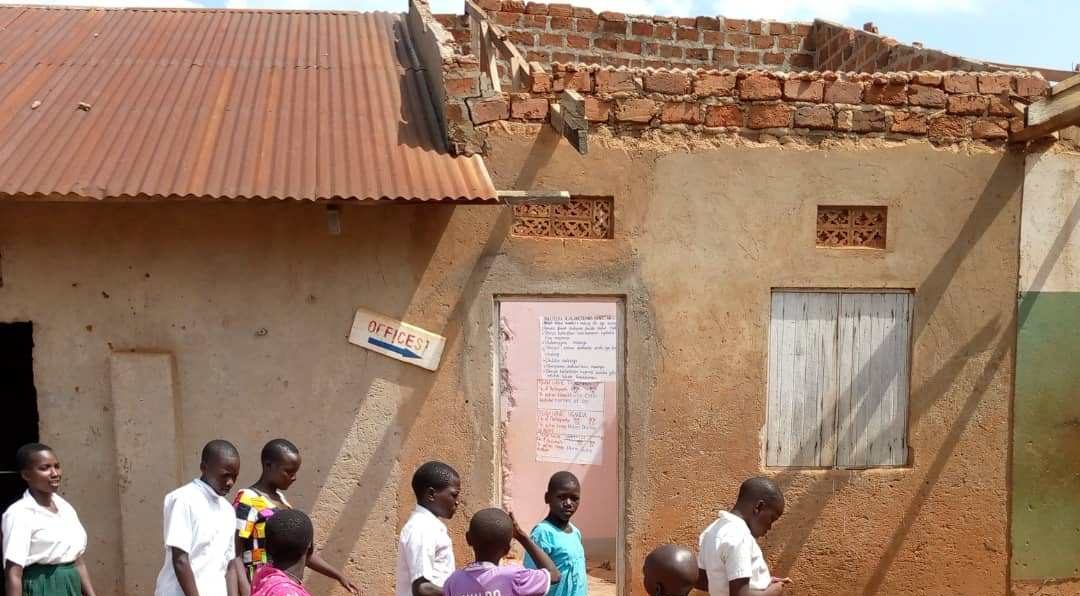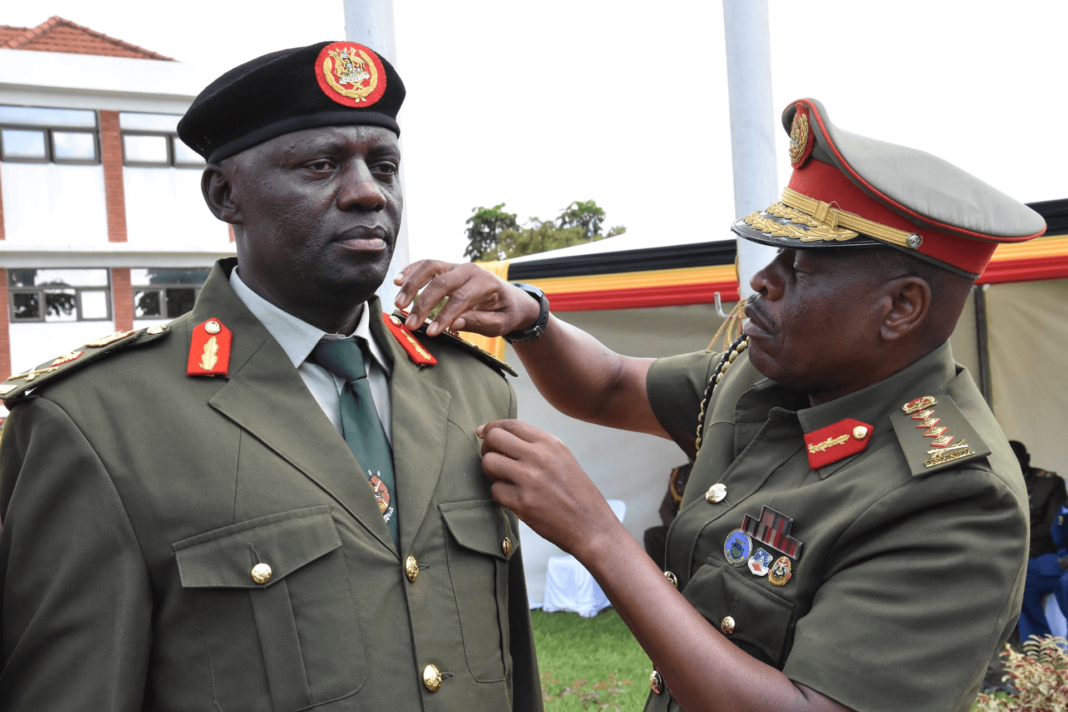(Kampala) – The Clerk to Parliament, Adolf Mwesige, has provided details on the upcoming regional sitting scheduled to take place in Gulu City. This will be the first of such sittings held outside the traditional parliamentary location.
According to Mwesige, Members of Parliament (MPs) traveling to Gulu will be transported by Parliament buses. In contrast, ministers will use their official vehicles for the event. The sitting is set to occur at Kaunda Grounds in Gulu City, under temporary tents.
Mwesige confirmed that the sitting will be held from Tuesday, August 27 to Friday, August 30, and it aims to enhance the accessibility of Parliament to the public. The event is expected to be gazetted in the Uganda Gazette.
The Clerk also noted that parliamentary committees are currently in Gulu conducting oversight activities. These committees will present their findings and reports during the sitting. Accommodation for MPs has been arranged, with several hotels inspected to ensure availability.
Regarding the cost, Mwesige clarified that the budget for the sitting is covered by the Parliament’s allocation, disputing claims that it amounts to 5 billion shillings. He stated that the experience gained from the Gulu sitting will inform future regional sittings.
The regional sitting has generated controversy, particularly among opposition MPs. Joel Ssenyonyi, the Leader of Opposition, announced a boycott of the event, citing concerns about the cost and lack of consultation with opposition members. Ssenyonyi criticized the secrecy surrounding the preparations and expressed difficulty explaining the expenditure to the public.
In response, some MPs have defended the regional sittings. Anthony Akol, Chairperson of the Acholi Parliamentary Group, expressed disappointment at the boycott, emphasizing the benefits of increased visibility for MPs in northern Uganda. He noted that while people in central and western Uganda have better access to parliamentary proceedings, those in northern Uganda have less exposure.
During a plenary session, MPs voiced concerns about the controversy surrounding the regional sittings. Patrick Nsamba Oshabe highlighted the need for clear communication to the public regarding the reasons for the regional sittings. Felix Okot Ogong reminded that MPs from various regions had previously been informed about the sittings.
Deputy Speaker Thomas Tayebwa assured that formal communication would be provided to MPs. He also referenced Rule 7 of the Rules of Procedure, which grants the Speaker authority over the location of parliamentary sittings, citing past events held at Kololo Ceremonial Grounds and Kampala Serena Hotel.
Gulu to Host First Regional Sitting of Parliament
| Detail | Information |
|---|---|
| Event | Regional Parliament Sitting in Gulu |
| Dates | August 27 to August 30, 2024 |
| Location | Kaunda Grounds, Gulu City |
| Transportation | Parliament buses for MPs; ministerial vehicles for ministers |
| Accommodation | Hotels in Gulu inspected for availability |
| Cost | Covered by Parliament budget; not 5 billion shillings |
| Controversy | Opposition boycott; concerns about cost and secrecy |
| Defenders’ View | Increased visibility and access for northern Uganda residents |
| Communication | Formal communication to MPs; Rule 7 cited for authority over sitting locations |
UGX 20 Billion for Regional Sittings: Is It Worth It?
According to Agora Discourse, the Ugandan Parliament is planning to host a series of regional parliamentary sittings across the country, with a total expenditure of UGX 20 billion. Each of these regional sittings is estimated to cost UGX 5 billion.
The sittings will be held in the following regions:
- Eastern: Mbale
- Central: Masaka
- Western: Mbarara
- Northern: Gulu
Many Ugandans are expressing concern about the high costs associated with these sittings. Critics argue that this expenditure may not be the most effective use of taxpayer money. The debate centers on whether these resources could be better allocated to directly benefit the population.
The planned expenditure for these regional sittings has prompted discussions about alternative ways to utilize the funds to address pressing issues and support community needs. Public opinion is divided, with some viewing the initiative as a valuable opportunity for increased parliamentary accessibility, while others see it as an unnecessary strain on the national budget.
In light of these concerns, Agora Discourse announced on their online portals that there will be further exploration and analysis of how the UGX 20 billion could be redirected towards more impactful and beneficial projects for Ugandans.

